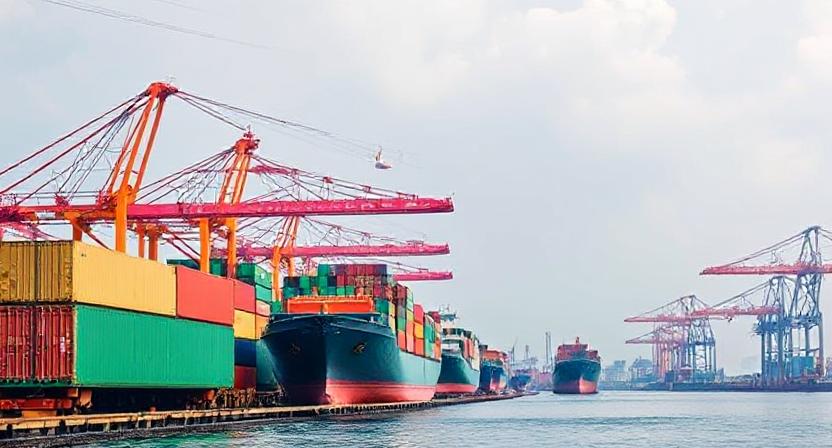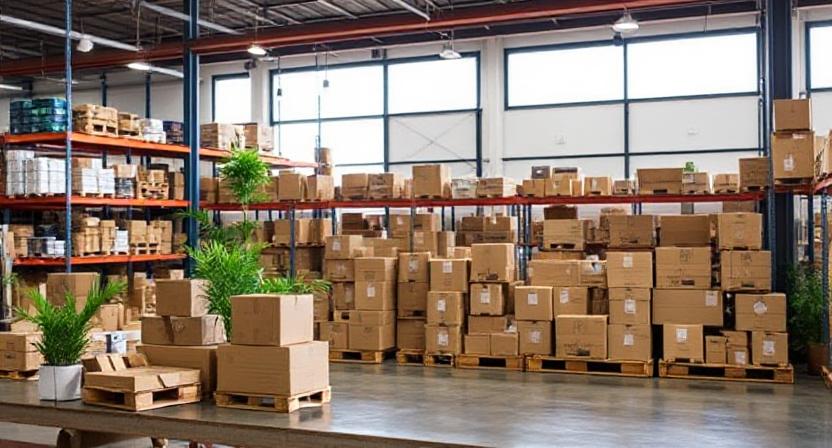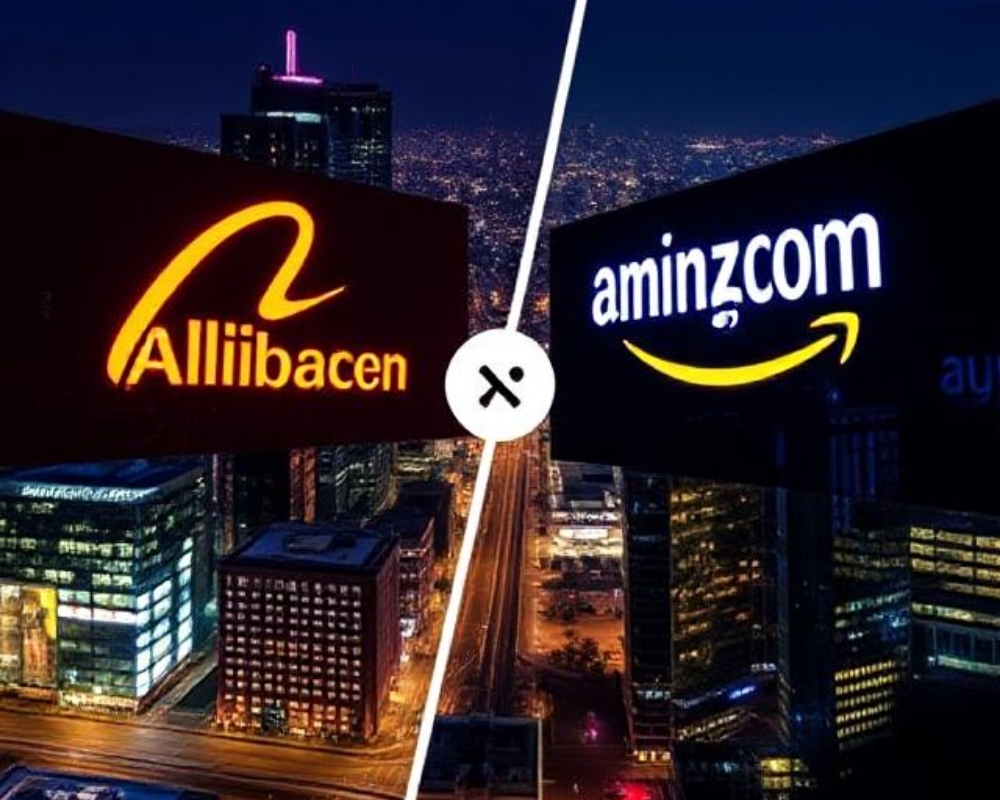As global trade continues to evolve rapidly, Pakistani manufacturers need to stay ahead of the curve to compete in international markets. From digital B2B platforms to growing sustainability demands, 2025 is bringing a new wave of opportunities and challenges for exporters in Pakistan. This article explores the top export trends shaping the future of Pakistani exports, with practical insights to help manufacturers scale globally.
Why Staying Updated on Export Trends Matters
In today’s interconnected economy, being reactive isn’t enough. Manufacturers who understand market shifts, buyer behavior, and technology adoption are better equipped to succeed in global trade. Whether you’re exporting textiles, agricultural products, surgical instruments, or sports goods, recognizing key trends in 2025 can lead to smarter decisions and higher profitability.
1. Digital B2B Marketplaces Are the New Normal
Platforms like Alibaba.com and Tridge.com are no longer optional; they’re essential. As buyers increasingly search for suppliers online, Pakistani exporters who establish a presence on global B2B marketplaces are seeing faster lead generation and better global reach.
2. Rising Demand for Sustainable & Eco-Friendly Products
Global buyers are increasingly choosing suppliers who follow eco-friendly practices, use biodegradable materials, or have certifications like ISO 14001. This applies to all sectors, from textiles and packaging to agriculture and manufacturing.
- Focus on sustainable production processes
- Minimize waste and carbon footprint
- Highlight your certifications and compliance documents online
3. Traceability and Transparency Are Becoming Dealbreakers
In 2025, traceability will be a key concern, especially for food, textile, and pharma exports. International buyers prefer transparent sourcing, ethical labor practices, and the ability to trace materials back to their origin.
4. Product Specialization Over Mass Production
The global market is shifting from mass production to specialized, high-quality goods. Buyers are willing to pay more for unique, well-crafted, or value-added products, especially in industries like handicrafts, surgical tools, and fashion textiles.
Advice for manufacturers:
- Identify your niche
- Add unique features or customization options
- Improve packaging and branding to reflect quality
5. Cross-Border E-commerce Is Fueling SME Growth
Thanks to global platforms like Alibaba and localized digital support from partners such as Trademor, even small and mid-sized Pakistani manufacturers can now access international buyers without the need for complex logistics or large operational teams.
In 2025, a significant rise is expected in the number of Pakistani SMEs entering global export markets directly through e-commerce, particularly in high-demand regions such as the United States, Gulf Cooperation Council (GCC) countries, and Europe.
6. Certifications & Compliance are Gaining More Weight
As international regulations tighten, having the right export documentation and certifications is no longer optional. Buyers expect manufacturers to comply with quality, safety, and environmental standards.
Top certificates buyers look for:
- ISO 9001 (Quality)
- CE Marking (EU Compliance)
- Halal Certification (for food and pharma)
- GOTS (Textile Sustainability)
7. Value-Added Services Make You Stand Out
Providing value-added services, such as private labeling, faster logistics, or after-sales support, can boost buyer satisfaction and lead to repeat orders. This is particularly true in high-competition industries like apparel or home decor.
8. AI and Automation Are Transforming Export Operations
Manufacturers adopting AI-powered tools, automation, and predictive analytics are improving production efficiency and demand forecasting. This leads to cost savings, reduced waste, and better quality control, key factors for export success in 2025.
Conclusion
Pakistan has massive potential to grow its export base, especially in textiles, agriculture, surgical tools, and sports goods. But in 2025, success depends on adapting to market trends, embracing digital trade, and meeting global expectations around quality, transparency, and sustainability.









